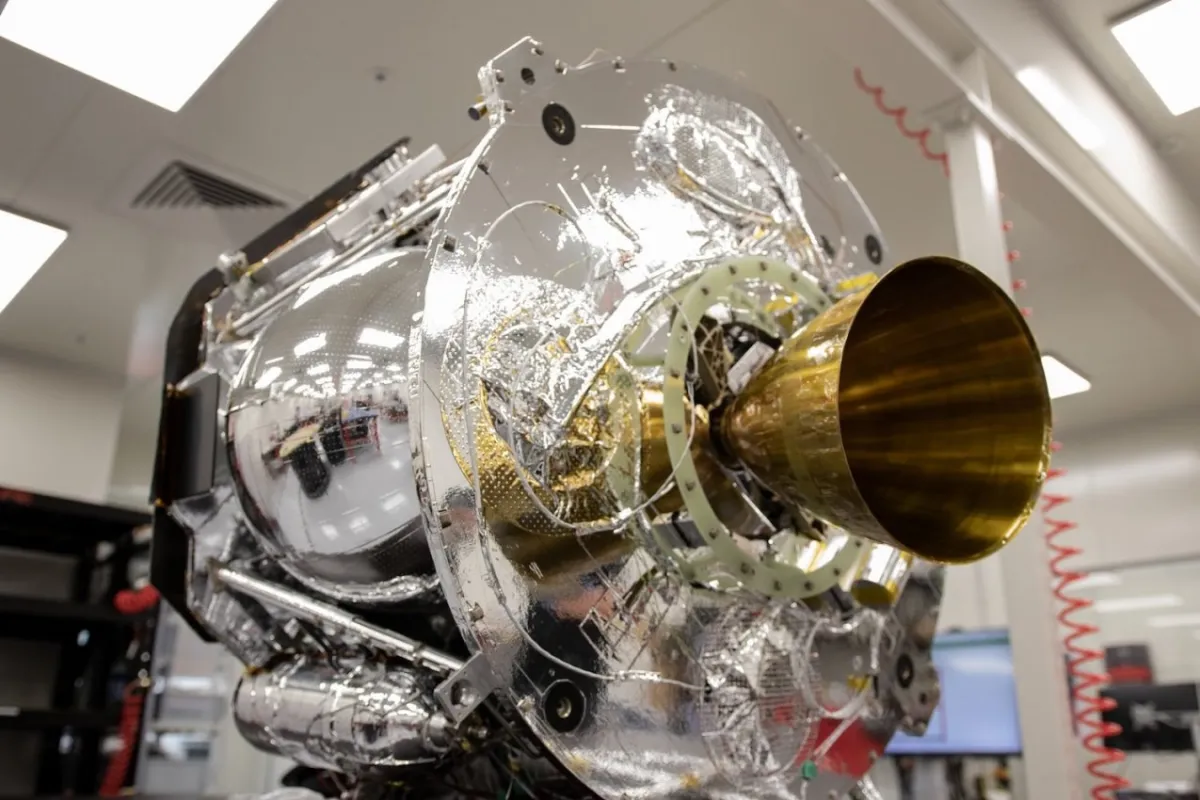Rocket Lab, the space launch provider and satellite manufacturer, has inked a deal worth over half a billion dollars to construct 18 satellites for a prominent U.S. government agency.

Rocket Lab, the space launch provider and satellite manufacturer, has inked a deal worth over half a billion dollars to construct 18 satellites for a prominent U.S. government agency.
According to a disclosure in an SEC regulatory filing on December 21, Rocket Lab National Security is set to “design, manufacture, deliver, and operate 18 space vehicles” as part of a contract valued at an impressive $515 million. Although Rocket Lab remains tight-lipped on further details, sources suggest that the recipient of this groundbreaking deal is likely the Space Development Agency (SDA).
The SDA, operating under the U.S. Space Force, has been actively engaged in developing a mesh network of military satellites in low Earth orbit, known as the Proliferated Warfighter Space Architecture.
The recently disclosed contract with Rocket Lab is expected to contribute to this ambitious initiative. SDA Director Derek Tournear hinted at the negotiations earlier this month, indicating a contract for 18 satellites to expand the U.S. military low Earth orbit constellation.
This development aligns with the SDA’s larger strategy, specifically the Transport Layer Tranche 2 Beta, a critical component of its proliferated architecture. This segment involves the deployment of communication satellites to facilitate beyond line-of-sight connectivity for military forces on the ground. The entire Transport Layer Tranche 2 Beta project envisions a constellation of 90 satellites, with Rocket Lab now stepping in as a major player.
In August, SDA had already awarded substantial contracts totaling $1.5 billion to Lockheed Martin and Northrop Grumman for 72 Beta satellites. The recent announcement reveals Rocket Lab’s pivotal role in expanding this constellation, with the contract specifying a base amount of $489 million and additional incentives and options worth $26 million.
According to the SEC filing, work under the agreement is set to commence immediately, with the delivery of the space vehicles slated for launch in 2027. Rocket Lab will not only oversee the launch but also the operation of the satellites through 2030, with an option to extend operations through 2033.
Rocket Lab, known for its Electron rockets that specialize in small-satellite launch services, has been making substantial strides in the satellite manufacturing sector. The company, headquartered in Long Beach, California, has successfully established itself as a key player in the space industry, with operations spanning spaceports in New Zealand and Virginia. The upcoming Neutron rocket, expected to debut in 2025, is poised to further expand Rocket Lab’s launch capabilities.
The recent deal with SDA represents a pivotal moment for Rocket Lab’s satellite operations. The company’s Space Systems business, dedicated to manufacturing components and spacecraft for both government and commercial clients, has seen significant growth. The $515 million contract with SDA marks the largest to date for Rocket Lab’s satellite endeavors, solidifying its position in the burgeoning space industry.
Rocket Lab’s journey into the satellite realm began in 2019 with the introduction of its Photon satellites. In 2022, the company further intensified its focus on the U.S. defense and intelligence market by establishing Rocket Lab National Security. The company secured two contracts worth $14 million in 2022 to provide separation systems for Space Development Agency satellites, demonstrating its versatility and expanding role in the space ecosystem.
As Rocket Lab’s CEO Peter Beck envisions a future where turnkey, low-cost satellite platforms cater to diverse payloads, the recent deal with the U.S. government agency not only reinforces Rocket Lab’s standing in the industry but also underscores the critical role of private entities in advancing space exploration and satellite technology.
The collaboration with SDA serves as a testament to the pivotal role that private companies can play in shaping the future of space technology and its applications for national security and beyond.